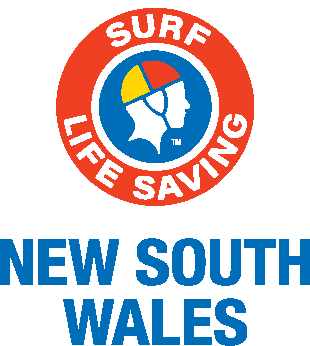Surf Life Saving NSW has partnered with NSW Police, Royal Life Saving NSW and Northern Beaches Council to create a new water safety video to help save international students from drowning on the NSW coastline this summer.
public://video_embed_field_thumbnails/youtube/o0LLQ7YnAac.jpg
a:1:{s:7:"handler";s:7:"youtube";}
Funded by Study NSW, the new water safety video features six students who share their experience of the water to help raise awareness and save lives.
Among them is international student Manisha Gautam from Nepal, whose boyfriend tragically drowned a year ago in Bents Basin in Sydney’s west.
“He was trying to save his friends. He didn’t have any idea about safety procedures and measures. With so many peoples’ help they couldn’t save him,” said Manisha Gautam.
“It’s such a loss for the whole family and friends. It gives me a different idea about the importance of educating ourselves in water safety,” she said.
The new video, which is subtitled in eight different languages, encourages international students to enrol in swimming lessons and familiarise themselves with water safety when swimming in the ocean, rock pools, rivers and pools or when rock fishing.
Some of the recommended safety tips include:
- Swimming at patrolled beach locations
- Swimming between the red and yellow flags at the beach
- Wearing a life jacket when fishing and boating
- Avoiding alcohol around water and not drinking if you plan to swim
- In an emergency, dial Triple Zero - Police
- Use the Beachsafe website or download the App for information about beach patrol locations
International students who come from landlocked countries and have limited experience with Australian water conditions are at the greatest risk of drowning.
“I think it is important for international students to adapt to the water culture in Australia because it is very different from where we are from. And this means there are also different dangers and types of risks,” said international student Manuella Sella, from Brazil.
“People are not expecting the currents to be so strong… but it is really dangerous,” she said.
Steven Pearce, CEO of Surf Life Saving NSW said he wanted international students to enjoy the beautiful NSW beaches but to understand the dangers of swimming at unpatrolled locations or rock fishing without a lifejacket and other safety equipment.
“It’s important to remember that beach safety starts long before you set foot on the sand – it starts at home. By using the Beachsafe App you can look for the safest beach, understand the dangers and make sure that the beach you go to is patrolled by lifesavers,” Steven Pearce said.
“Remember just because the water looks calm does not mean that it is safe. Make sure you and your friends are safe by swimming between the red and yellow flags where the lifesavers can see you.
“Surf lifesavers are there to help you and love to chat with beachgoers. When you get to the beach go and say hello to the lifesavers – they are looking forward to meeting you,” he said.
The Surf Life Saving NSW Community Education Team runs education workshops on beach and water safety for international students and people from culturally and linguistically diverse communities. More information is available on the SLSNSW website.
The new water safety video for international students can be viewed in multiple languages on the Study NSW website.
BEACH SAFETY TIPS
- Always swim between the red and yellow patrol flags, for your nearest patrolled beach check the BeachSafe app or website
- Read the safety signs for information about the beach and ask a lifesaver or lifeguard for safety information
- Always swim with someone else so you can look out for each other, and always supervise children around the water
- Never swim under the influence of alcohol or drugs
- If you need help in the water, stay calm and attract attention by raising one arm
- In an emergency, dial Triple Zero Police
- For information about patrol times, weather, and beach locations visit the Beachsafe Website or download the App.
Tuesday 8 December 2020


